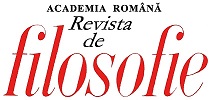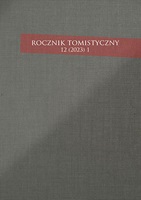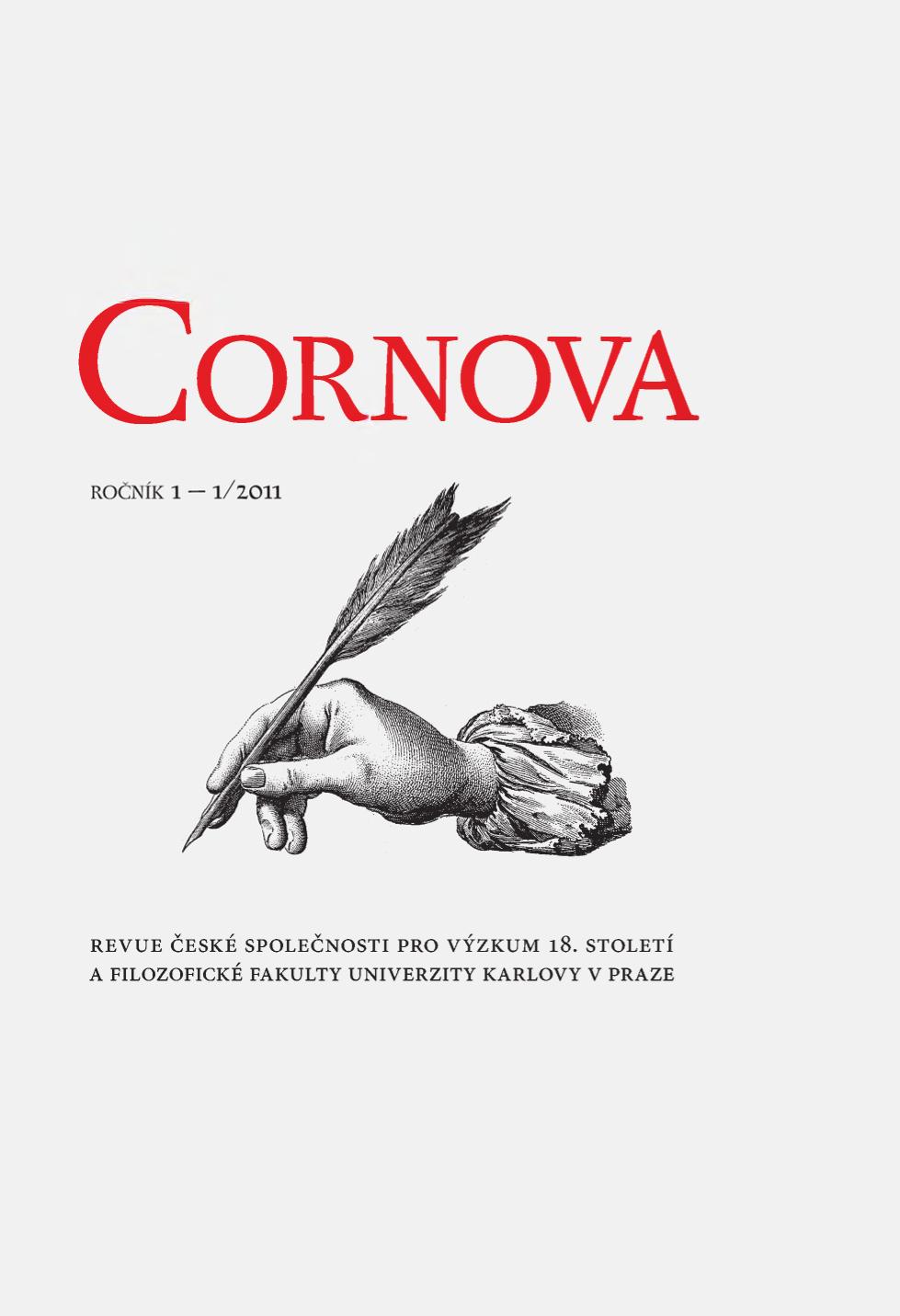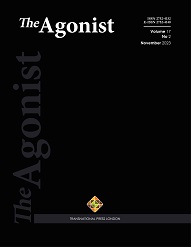
Caracterul substanțialist al „lucrului în sine” kantian
Interpreters have always had difficulties dealing with the Kantian concept of the “thing in itself”. These difficulties derive from their intention to approach it based on the German philosopher’s statement that categories can be properly used only within the framework of human experience. But Kant also acknowledges the possibility of using the categories beyond this experience, indeed, simultaneously emphasizing that, thus, we do not acquire any real knowledge. However, this is not simply an acknowledgment of an intellectual possible mental play but also an indication of what he does throughout his critical philosophy; namely, he constantly operates with the “logical use” of categories. Our assumption is that the concept of the “thing in itself” belongs to the toolkit of this “logical use” of categories and expresses a substantialist trace in Kant’s philosophy.
More...






